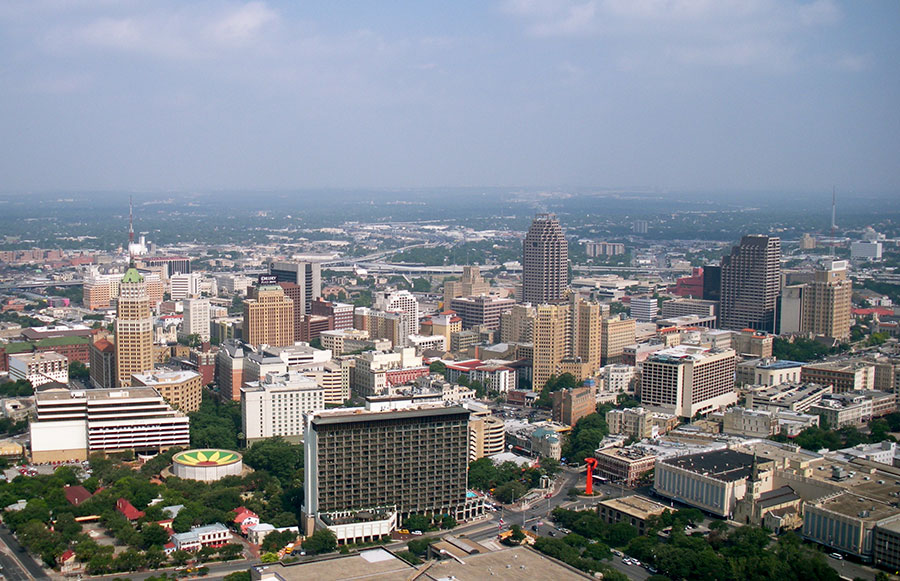Implementing Urban Digital Twins with Responsible AI for Community Resilience

Project Team
Principal Investigator:
Wei Zhai, PhD, Assistant Professor, Urban and Regional Planning
Researchers:
Esteban López Ochoa, Assistant Professor, Urban and Regional Planning
Jasmine Harris, Associate Prof., Metropolitan State Univ. of Denver
Haoming Qin, PhD student, Civil Engineering
Project Sponsor:
National Science Foundation
Project Description
Rapid urbanization presents significant challenges, particularly for communities of color, which often experience higher poverty rates, inadequate housing, limited access to quality education and healthcare, and reduced resilience to crises such as natural disasters, economic downturns, and public health emergencies. Urban digital twins—virtual replicas of cities—offer a powerful tool for addressing these challenges by providing a comprehensive understanding of urban environments and their interconnected systems. A collaborative team of researchers from Prairie View A&M University (PVAMU), the University of Texas at San Antonio (UTSA), and Texas A&M University (TAMU) is working to advance the implementation of urban digital twins through the development of responsible foundation AI techniques. Their project focuses on three critical areas: data curation using AutoML-GPT to streamline data collection and representation, explainable AI-based analytical visualization to enhance urban insights, and integrating social and physical systems through knowledge graphs and reinforcement learning techniques. By addressing these areas, the project aims to improve research and educational capabilities while enhancing resilience and equity in urban communities.


